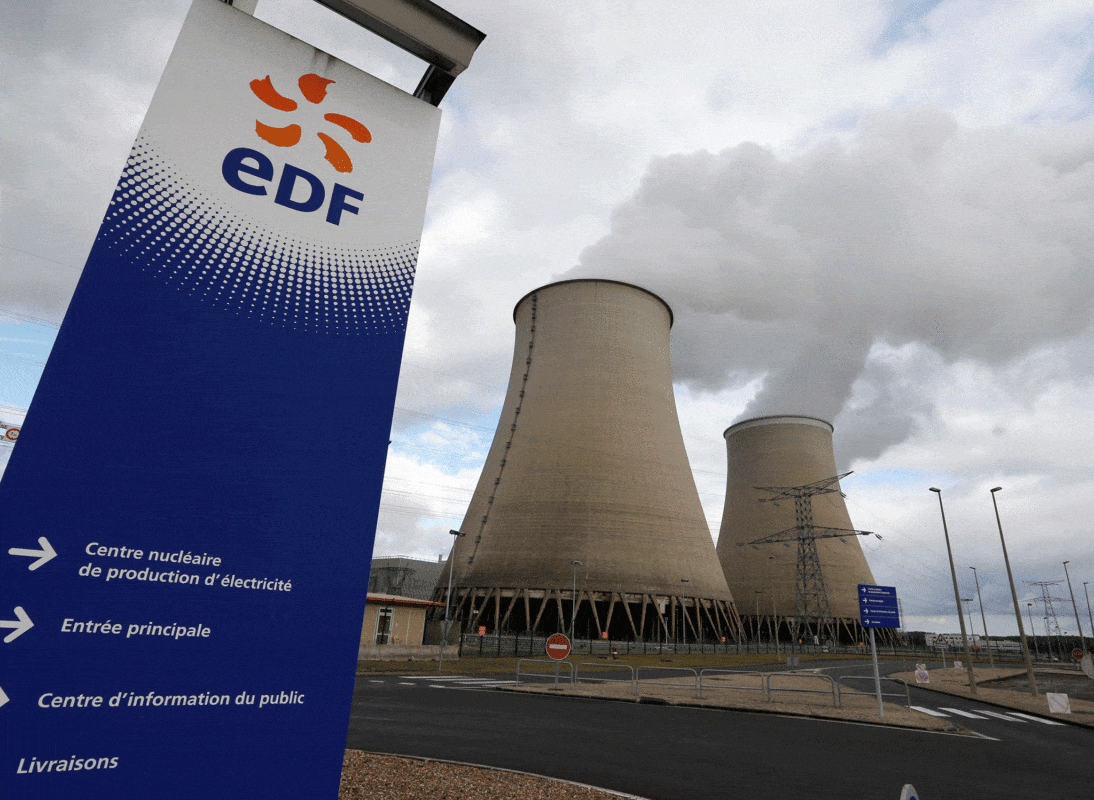EDF has taken steps to help its customers during the colder months, as energy prices are expected to rise in winter. That includes creative energy saving incentives and the most affordable 12-month fixed energy tariff among the major suppliers, which is £130 below the January price cap.
Price Cap Rise and Its Implications
In January 2025, there is likely to be a £19 increase in the energy price cap, which sets the maximum price suppliers can charge for ordinary plans. As a result of increased demand and instability in the wholesale energy market, a 10% increase took place in October.
In addition, geopolitical pressures, such as conflicts in the Middle East and doubts about Russian gas supplies, have exacerbated the problem. The impact of these changes is likely to continue to put pressure on household budgets.
EDF’s Competitive Tariff Offerings
EDF’s Simply Fixed Direct 1yr Jan26 tariff is designed to provide relief. Priced at £1,608 for a typical user paying via direct debit, it is significantly cheaper than the anticipated price cap. Unlike some offers, it doesn’t require a smart meter and features no exit fees, ensuring flexibility for customers. However, the deal may be withdrawn if market conditions change.
In addition to fixed-rate tariffs, EDF has also launched the Sunday Saver offer, enabling customers to access up to 16 hours of free electricity per week by reducing their energy consumption during peak periods. As part of a December challenge, participants can also enjoy eight hours of free electricity on Christmas Day.
A Response to Seasonal Challenges
Rich Hughes, EDF’s Director of Retail, explained the company’s proactive approach: “With cold weather setting in and the price cap set to increase again, we know people are more concerned about the cost of their energy bill. Just like we have all year, we will keep our prices as low as possible, so we can help and offer again the cheapest priced energy-only fixed deal of the major suppliers.”
EDF’s latest initiative underlines the company’s commitment to meeting the challenges of rising energy costs and winter demand. By offering affordable tariffs and incentives to save energy, EDF aims to ease the financial pressure on households during the colder months.
The expected price increase in January is part of a wider pattern of market volatility. After an initial fall at the start of the year, prices rose significantly in October and are expected to rise further in April before eventually falling again in July. These fluctuations are influenced by global events, including geopolitical instability and changing energy supply dynamics.










I hope this is good for me